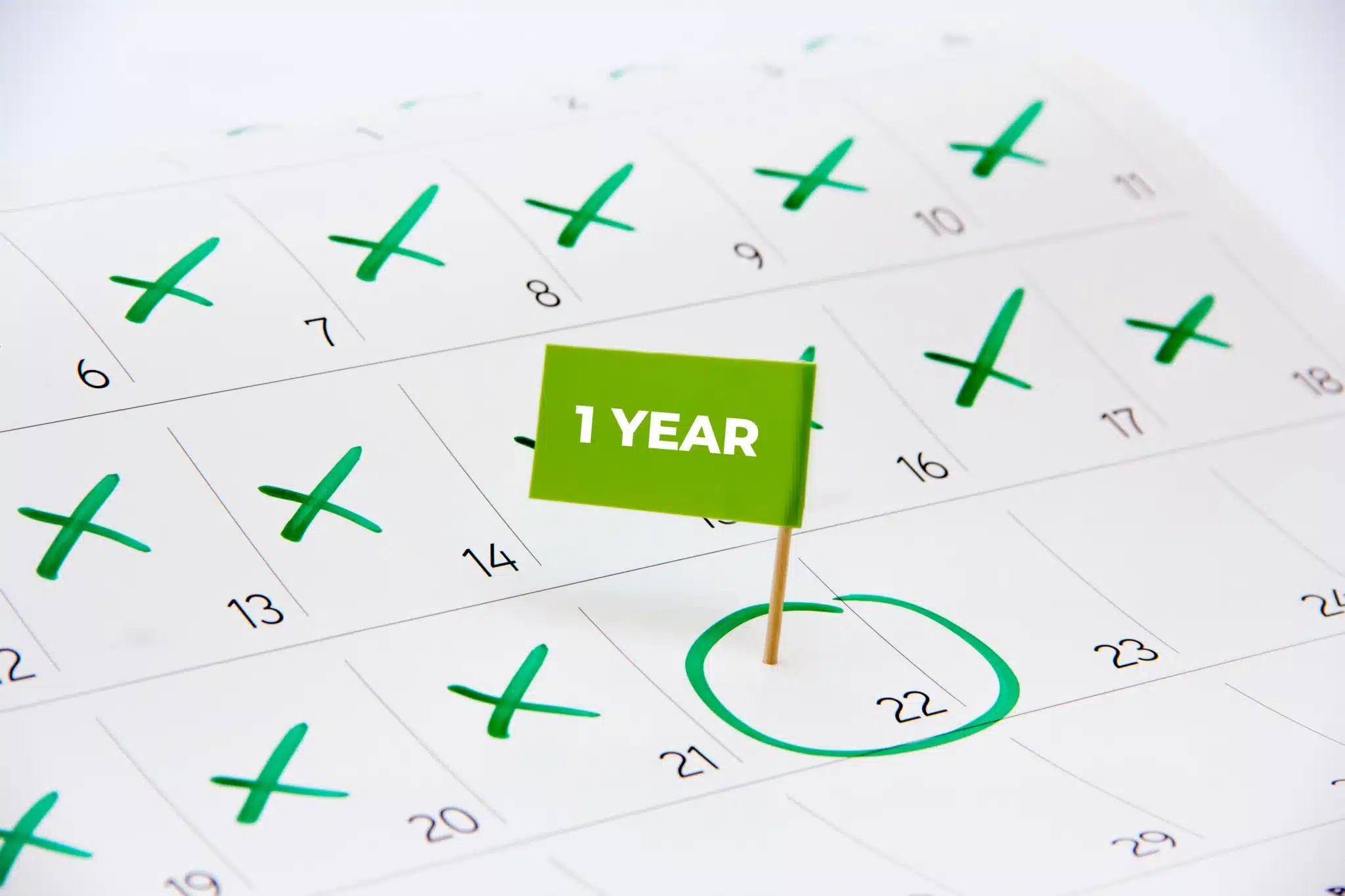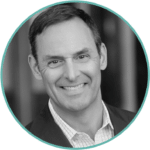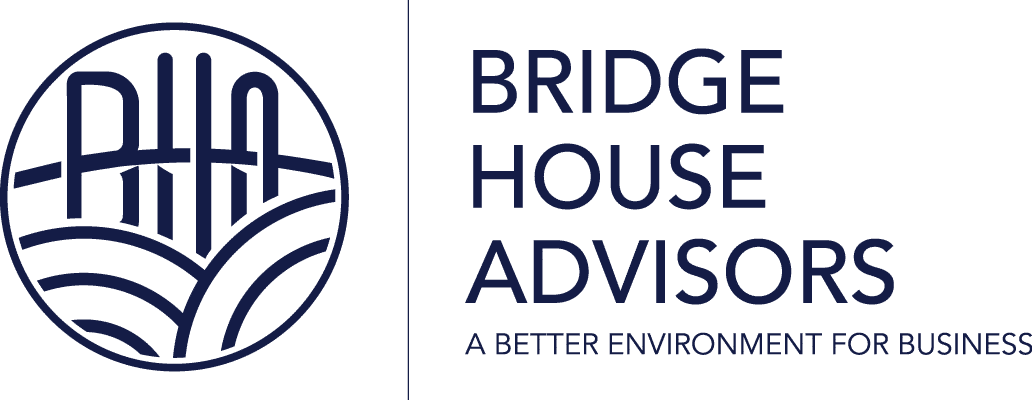One Year at Bridge House: An Employee Perspective
One Year at Bridge House: An Employee Perspective Bridge House Advisors is super proud of…

Bridge House Advisors is super proud of our track record, our clients, the work we do with them, and especially our people. We will be showcasing our people and the Bridge House culture in a variety of ways this year, including having our employees document their experience working at Bridge House Advisors. Our first to journal their story: William Pleasant. New to Bridge House Advisors but certainly not new to the industry.
William has more than 25 years of experience as a sustainability/ESG professional, ethics and compliance officer, and business lawyer. Prior to joining Bridge House Advisors, he led the ethics, compliance, and sustainability function for a global Fortune 500 company and co-founded an ESG advisory focused on investment firms and their portfolio companies. William is based in Hickory, NC and leads the firm’s Corporate Services Group.
One Year In
My first year at Bridge House Advisors is in the books. Another year working with companies and private equity firms as they navigate the sustainability journey. Topping it off was my first semester of teaching concepts of sustainability at Wake Forest University, which forced me to think more deeply about how businesses can effectively tackle sustainability, and what tools our future sustainability leaders need. I’ve learned something new just about every day, and nothing could be more energizing. It was a fantastic year for me, and I thought I’d take a moment to share a few reflections from 2023.
Smart Businesspeople Understand True Sustainability
I continue to see that lots of people in the private equity world and in the companies owned by private equity get it. Some (most?) of them want to do sustainability because it’s the right thing to do. But these folks are smart and pragmatic, which means most (almost all?) of them want to do sustainability because it’s good business. A well-designed and well-run sustainability program adds value in a multitude of ways: meeting customers’ expectations or demands, improved EBITDA through operational improvements, talent attraction and retention, and increased brand perception to name a few.
Sustainability Surprise
I see over and over again that companies are already doing sustainability and they don’t even realize it. Business leaders often don’t think of some key initiatives or normal operational activities as “sustainability” or “ESG” because they are tackling something core to their business or taking action that happens to generate cost savings (think, strong safety programs or waste reduction efforts). Guess what: just because something increases profits doesn’t mean it can’t be “sustainability!” Often, the real need is education, coordination, and communication rather than significant changes in a company’s operations. This is particularly true in companies experiencing rapid growth through acquisitions. Frequently, great opportunities are found by simply identifying policies and practices in acquired operations and adopting them more broadly, or expanding existing programs into acquired businesses or sites. Incorporating a sustainability lens into the integration process can sometimes kickstart a company’s overall sustainability efforts.
Sustainability is Here to Stay
Sustainability isn’t going away, and momentum continues to build. While “ESG” has become a bit of a political football in some circles, what we are doing with real companies and real investors is helping find and create value. Yes, the pushback on ESG and “woke investing” has created some delicacy around conversations with a certain set of investors. But more broadly it seems that sophisticated investors recognize that leaving sustainability out of the investment lifecycle discussion is like failing to consider customer concentration risk, existing contingent liabilities, or opportunities to reduce expenses through economies of scale or operational improvements. For additional perspective, check out our blog on this topic: “Is ESG a Four-Letter Word?”
In addition, notwithstanding the lack of action at the U.S. Federal Government level, legally mandated climate and greenhouse gas emissions reporting obligations are being adopted globally and at the state level. The usual suspects (the EU, California) are leading the way. As has been the case with other “movements” that now seem like completely rational business as usual (think privacy, or lead-free electronics, for example), these requirements are already filtering down to a broad range of companies throughout the U.S. as larger companies are forced to address their full value chains. I expect this will only increase with time.
Add to this the increasing pressure that our clients are often feeling from their big customers independent of legal requirements. Large global companies have in many cases created their own disclosure regimes or adopted existing voluntary frameworks and are pushing these requirements out to their vendors and service providers. Over the past year it has been common for our first communication with a potential corporate client to be about the request they’ve received from a customer to participate in CDP or EcoVadis, or even about the “corrective action plan” a customer has sent them based on weak sustainability disclosures or poor performance. We are even starting to see inquiries about Scope 3 greenhouse gas emissions and decarbonization strategies. Companies that sell to (or want to sell to) the Walmarts, Targets, and Amazons of the world need to be prepared for scrutiny of their sustainability program and performance.
Think Program
I remain convinced that the best starting point is a well-organized and purposeful sustainability program that is aligned with a company’s business strategy. Ultimately the disclosure and reporting process – whether driven by government action or customers – is the tail that wags the sustainability dog. My experience with multiple businesses over the last year continues to validate my belief that a good sustainability program not only helps to meet the “compliance” requirements most efficiently, but can usually add value for the business beyond compliance. For years I have been an advocate for taking a proactive management system approach to sustainability, and I still believe that is the most effective course.
Reasons for Optimism
The past year at Bridge House has given me lots of reasons to be optimistic about the future. Our clients – folks who, by definition, generally get it – are taking steps to address critical issues for the planet and society. None of them may be solving global climate change or social justice issues single-handedly, but each of them is making a difference, and taken together the change is significant.
Perhaps more importantly for me personally, I’ve gotten to know an impressive team of people who are talented and passionate about sustainability, but also practical and commercially minded. From the energetic, smart, just-out-of-grad-school analysts to experienced and knowledgeable consultants, to my more “seasoned” colleagues, I couldn’t ask for a more impressive, supportive, and committed group of people who are working every day to help our clients drive results and achieve their sustainability goals in a pragmatic way. And on top of that, we’ve had a lot of fun!
***
To conclude, I’d like to say a huge thank you to the many friends I’ve made among our clients over the past year, as well as my phenomenal colleagues here at Bridge House. What a year! The bar is high for 2024, but I’m coming into the year energized for the next new challenge and look forward to working with you all and with the new friends I’ve yet to meet.

William Pleasant
Sustainability Business Advisor
wpleasant@bridgehouseadvisors.com
LinkedIn
One Year at Bridge House: An Employee Perspective Bridge House Advisors is super proud of…
2023 Bridge House Advisors CEO Interview – Christer Setterdahl Welcome to the launch of Bridge…
